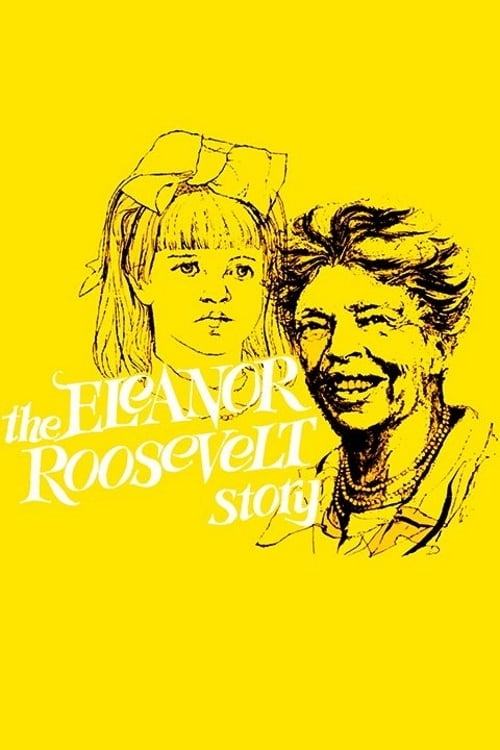The Eleanor Roosevelt Story (1965)
장르 : 다큐멘터리
상영시간 : 1시간 30분
연출 : Richard Kaplan
시놉시스
An intimate and moving portrait of one of the most remarkable women in American history. It is the story of a lonely, unhappy child who became the most admired and respected woman in the world. Richard Kaplan's lively documentary reveals the human face behind the American icon, beginning with the emotional deprivation suffered by this plain, awkward little girl born into a socially prominent and powerful family. Though she would eventually marry a man who would look beyond her awkwardness, Eleanor was not content to be the proper, silent wife to her husband Franklin's extraordinary political career. Instead, she began a lifelong crusade to speak out about injustice and oppression in any form.

An animated film about the British engineer Isambard Kingdom Brunel, who spearheaded numerous engineering marvels of the early 19th century - including the Thames Tunnel, the Great Western Railway, and the Great Eastern steamship (for 40 years the world's largest steamship). Various styles of animation are used to depict events in his colorful life.

Part cartoon and part documentary, this film offers a humorous look at birds and the ways people perceive them.
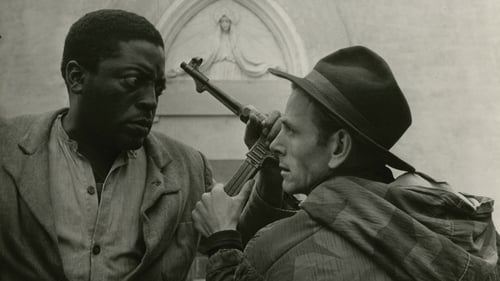
An Italian sex worker falls in love with a black American soldier during World War II.
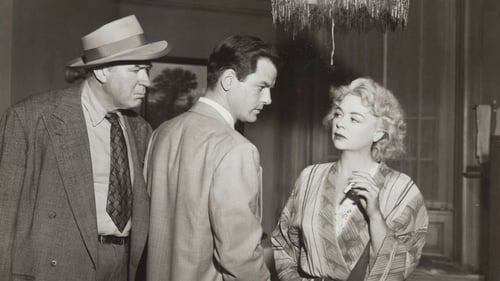
A lawyer uncovers secrets behind a 12-year-old murder case.
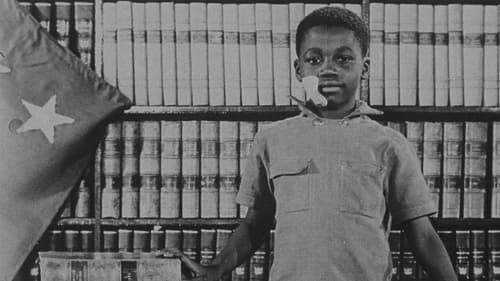
Documentary about African political leader Patrice Lumumba, who was Prime Minister of Zaire (now Congo) when he was assassinated in 1961.

A joyous romp through the dance, food, music, friendship, and even religion of the Polka. The explosive energy and high spirits of the polka subculture are rendered with warmth and dedication to scholarship in this journey through Polish-American celebrations. Polka stars like Jimmy Sturr, Eddie Blazonzyck and Walt Solek are featured.

The great French actor, Marcel Dalio, who has the lead role in Jean Renoir's THE RULES OF THE GAME, also appears in Renoir's GRAND ILLUSION. In both films he plays a character who is Jewish, as Dalio was in real life. In fact, in most of the French films he's in the 1930s, he almost always plays shady characters, informers, blackmailers and gangsters. In other words, he is always "the Jew." When the Nazis invaded France in 1940, he fled to America and appeared in CASABLANCA and TO HAVE AND HAVE NOT. In America, he was no longer the Jew but The Frenchman. He became, in dozens of films, America's idea of a typical Frenchman. His film career has these two strands in which he has two different identities. Are you defined by other people and their perceptions of who you are? Are you always a creation of the way people want to see you? Or can you exist outside of the arbitrary boundaries which are placed on you?
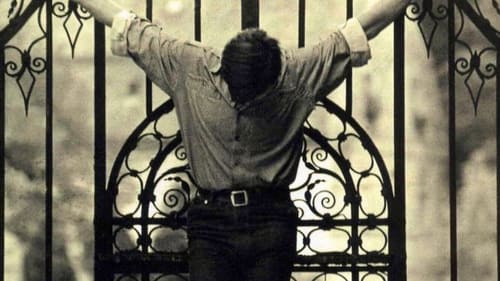
A passionate communist worker is discouraged by the changing political climate and the failure of his peers to live up to his ideals.
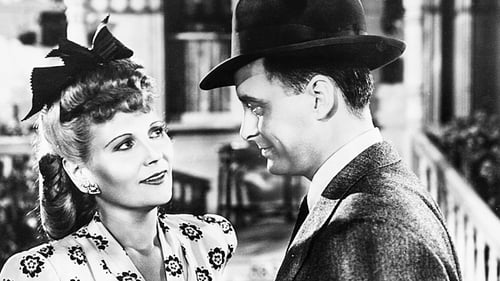
An Ohio bank clerk's life becomes a nightmare when his descriptions is a fit of a maniac killer.

An ex-cop is suspected of murder after he is found with a dead woman. The private detective is on the run -- attempting to prove his innocence.
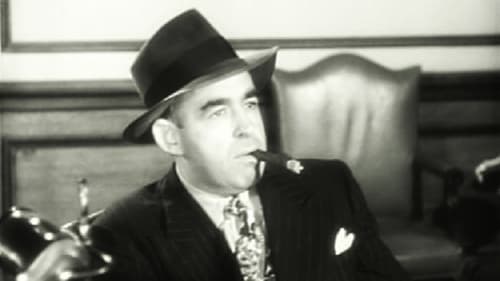
A gritty crime story involving a newspaper man and crooked politicians.
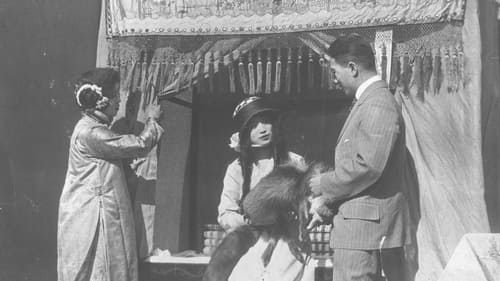
The Curse of Quon Gwon is the oldest known Chinese-American film and one of the earliest American silent features made by a woman. Only two reels of the film survive, and no intertitles are known to exist, making it difficult to parse out the exact plot. An article in the July 17, 1917 issue of The Moving Picture World states that the film "deals with the curse of a Chinese god that follows his people because of the influence of western civilization." The film also touches on themes of Chinese assimilation into American society. Formally premiering in 1917, no distributor was willing to purchase a Chinese-American film without racial stereotypes. Considered a devastating financial failure, the film was only screened two more times until its rediscovery in 2004.
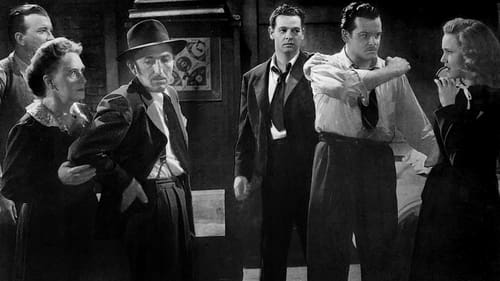
A fugitive receives help from a victim's sister as he tries to clear his name of robbery and murder charges.

Re-enacted true story of successful assault by Nazis, posing as Poles, on a German border radio station so that Hitler could "justify" thereby his invasion of Poland.
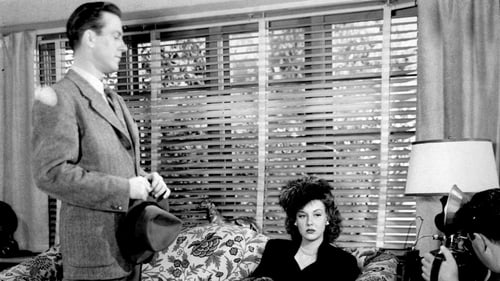
Head over heels in love with a stern and cold older businessman's young wife, a reporter is seduced into conspiring to murder him so she can inherit his estate, while pinning the murder on another businessman.

The long log drive: a spring journey down icy streams and rivers moving logs from the forest to the mill for sawing into boards, laths, and clapboards. For more than 150 years, logging techniques remained the same. Men cut trees by hand and loaded them on horse-drawn sleds to be hauled over snow to the river. Skilled river drivers maneuvered the logs downstream, risking their limbs and lives every day. This film survives as a record of the long log business.

A reporter investigates the story of a young man who may have been wrongly convicted and sentenced to be executed.

A documentary short by Les Blank about the beauty of gap teeth in women.
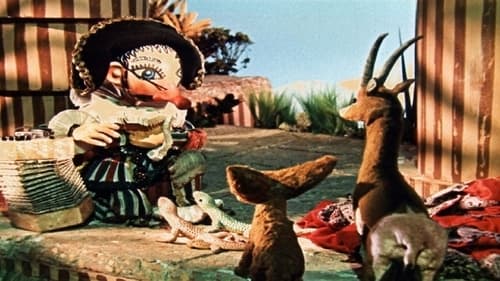
A stop-motion film with no dialogue. A musician is playing his musicc to some animals, when an hungry lion shows up.
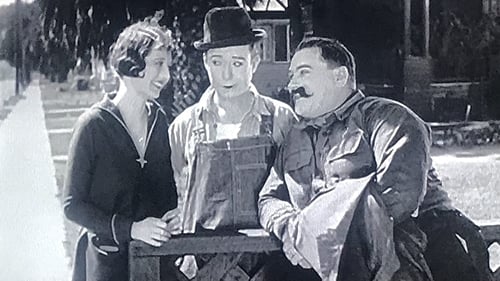
Harry and his friend have planned to go out for an afternoon of fun. But first, Harry must figure out how to slip away from his domineering wife with some money to spend...
